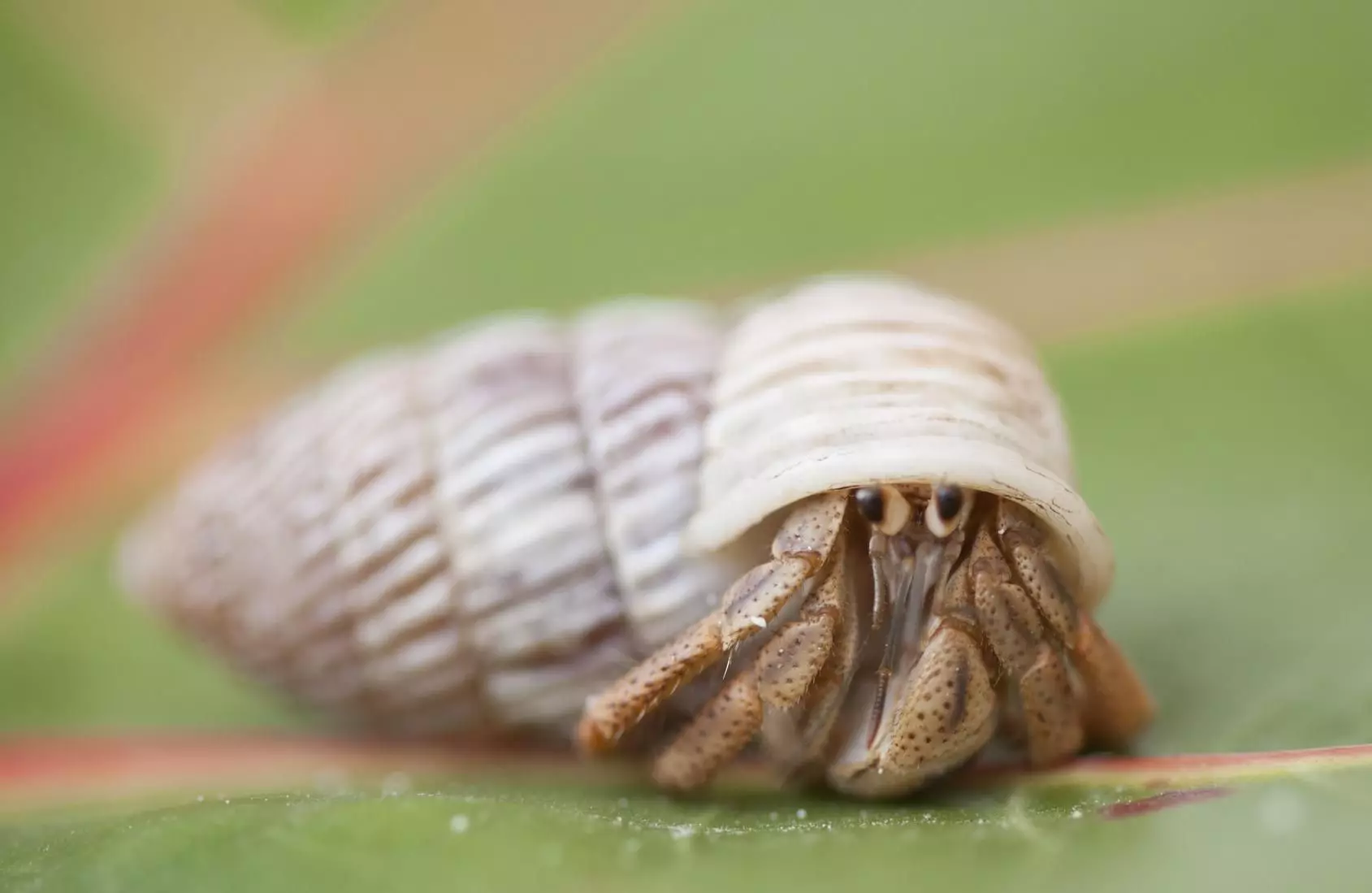Hermit crabs may not be the first pet that comes to mind, but they can make fascinating companions if properly cared for. A key aspect of hermit crab care is understanding their dietary preferences. While these crustaceans are generally easy to feed, knowing exactly what to offer for a balanced diet is essential for their health and longevity. This article will delve into the dietary requirements for hermit crabs, focusing on the best types of food to provide, what to avoid, and how to maintain their hydration adequately.
As omnivores, hermit crabs thrive on a varied diet that includes both plants and animal matter. In their natural habitat, they forage for a wide range of food items, from fruits and leafy greens to small insects and detritus. To mimic their wild diet and promote optimal health, it’s vital for crab owners to provide a diverse array of food options in captivity. While commercial diets are readily available, supplementing with fresh foods will keep your hermit crab’s dietary experience interesting and nutritious.
Commercial Diets: Basics and Benefits
Though not every pet store may carry hermit crab food, several reputable brands have created products specifically designed for these creatures. Noteworthy examples include Florida Marine Research (FMR) and Zoo Med, which have developed pelleted diets that can be incorporated into everyday feeding. These commercial preparations contain essential nutrients and can be fed daily. However, it’s critical to crush the pellets, particularly for smaller crabs, and ensure any uneaten food is promptly removed to prevent spoilage and contamination.
The convenience of commercial diets cannot be overstated, but relying solely on them can deprive hermit crabs of needed variety. To enhance their diet, fresh fruits and vegetables should be introduced on a rotating schedule, allowing the crabs to enjoy various tastes and textures while ensuring they receive essential vitamins.
When selecting fresh foods for hermit crabs, some popular options include:
– Mango
– Papaya
– Coconut (fresh or dried)
– Berries (strawberries, blueberries, etc.)
– Leafy greens (avoid iceberg lettuce)
– Carrots
– Nuts (unsalted)
These foods should be presented in small, manageable pieces. Offering a variety on different days not only prevents boredom but also contributes to a healthier diet. It is worth noting that while many fruits are safe for hermit crabs, highly acidic foods, such as citrus fruits, should be avoided, as they can harm the crab’s health and well-being.
In the quest for a balanced diet, it is imperative to understand what foods could potentially harm hermit crabs. Starchy vegetables, particularly potatoes, and low-nutrition items like iceberg lettuce should be omitted from their diet. Additionally, while hermit crabs may be tempted by salty, sugary, or fatty snacks, it is essential to resist this temptation, as these can lead to health issues over time. Dairy products should also be avoided, as they can pose digestive challenges for these crustaceans.
Providing adequate calcium is vital for hermit crab health, particularly during molting cycles. Cuttlebone, crushed oyster shells, and calcium supplements can effectively keep calcium levels sufficient, mitigating risks associated with weak exoskeletons.
Maintaining Hydration: Water Types and Dishes
Hermit crabs require access to both fresh water and salt water. Fresh water is essential for hydration and drinking, while salt water provides the necessary minerals and electrolytes they need. Owners should use a dechlorinator to prepare tap water and avoid using table salt; instead, opt for sea salt mixes designed for marine aquariums, as these will imitate their natural habitat more closely.
The choice of water dishes is equally important. Options should be shallow yet stable enough to allow crabs to enter and exit safely. Adding smooth stones or coral pieces can provide a secure footing for crabs looking to bask or drink, as well as prevent drowning hazards. Natural sea sponges are an additional welcome touch, allowing hermit crabs to sip water and helping to regulate humidity levels in their environment.
Caring for hermit crabs can be incredibly rewarding, especially when you understand their dietary needs. By providing a balanced mix of commercial foods supplemented with fresh fruits, vegetables, and necessary hydration, you can promote a healthy and enjoyable life for your hermit crab companions. Keeping them from harmful foods while ensuring a fun and diverse diet will ultimately lead to a thriving hermit crab that brings joy to their owners. Thus, investing time and thought into their nutrition can significantly enhance your experience as a hermit crab keeper.


Leave a Reply